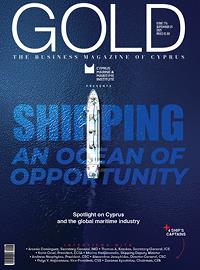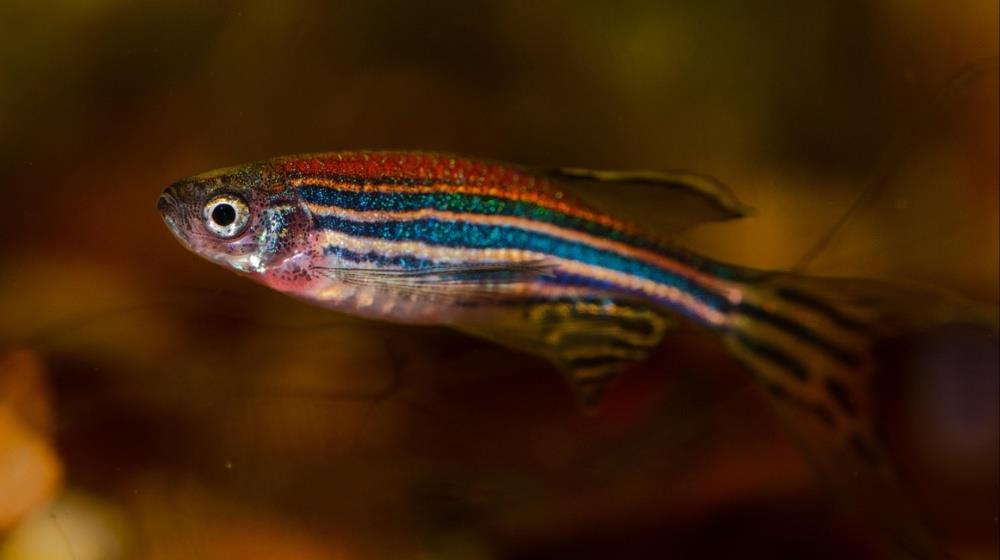The University of Nicosia’s Zebrafish Laboratory recently began full-scale operations and has invited scientists in Cyprus and abroad to explore how zebrafish can contribute to their own research.
According to a press release, the laboratory team recently hosted an information session for University of Nicosia faculty and partners to outline the facility’s research goals and explore opportunities for collaboration.
Led by Associate Professor Konstantinos Voskarides and Assistant Professor Annita Achilleos, the facility can support a wide range of biomedical research and teaching activities. The team also includes Rotem Badash as a laboratory and research technician.
"Transparent embryos, rapid development, and strong genetic overlap with humans give zebrafish unique power to accelerate biomedical discovery," said Achilleos. "Our goal is to provide a platform that supports projects across disciplines - including genetics, regeneration, pharmacology, and toxicology".
The zebrafish is a globally recognised model organism for investigating human health and disease and it is routinely used in many biomedical disciplines, including Cancer Biology, Neuroscience, Developmental Biology, Cardiovascular and Metabolic Disorders, Regenerative Medicine, Genetics and Gene Editing, Environmental Toxicology, Infectious Diseases, Pharmacology and Evolutionary Biology.
The lab is currently engaged in two projects in collaboration with faculty from UNIC Medical School and UNIC Veterinary School, with independent projects in development. "To expand our research scope, we are seeking partners, as well as funding’" said Voskarides. "We invite colleagues in Cyprus and abroad to explore how zebrafish can contribute to their research".
The facility is equipped with a Techniplast Active Blue Stand Alone rack comprising:
65 self-cleaning tanks with automated control of temperature, pH, and conductivity
Environmental enrichment features (gravel-mimic tank bottoms)
Capacity for up to 1,000 adult zebrafish
Daily husbandry by a trained technician
All procedures comply with EU Directive 2010/63/EU and Cyprus Law N.55(I)/2013, overseen by the institutional Animal Care and Use Committee (IACUC).
Contact and Collaboration
The Zebrafish Laboratory welcomes research proposals and collaboration inquiries from academia, healthcare, and industry. Expressions of interest may be sent to:
Dr Annita Achilleos: achilleos.a@unic.ac.cy
Dr Konstantinos Voskarides: voskarides.c@unic.ac.cy









